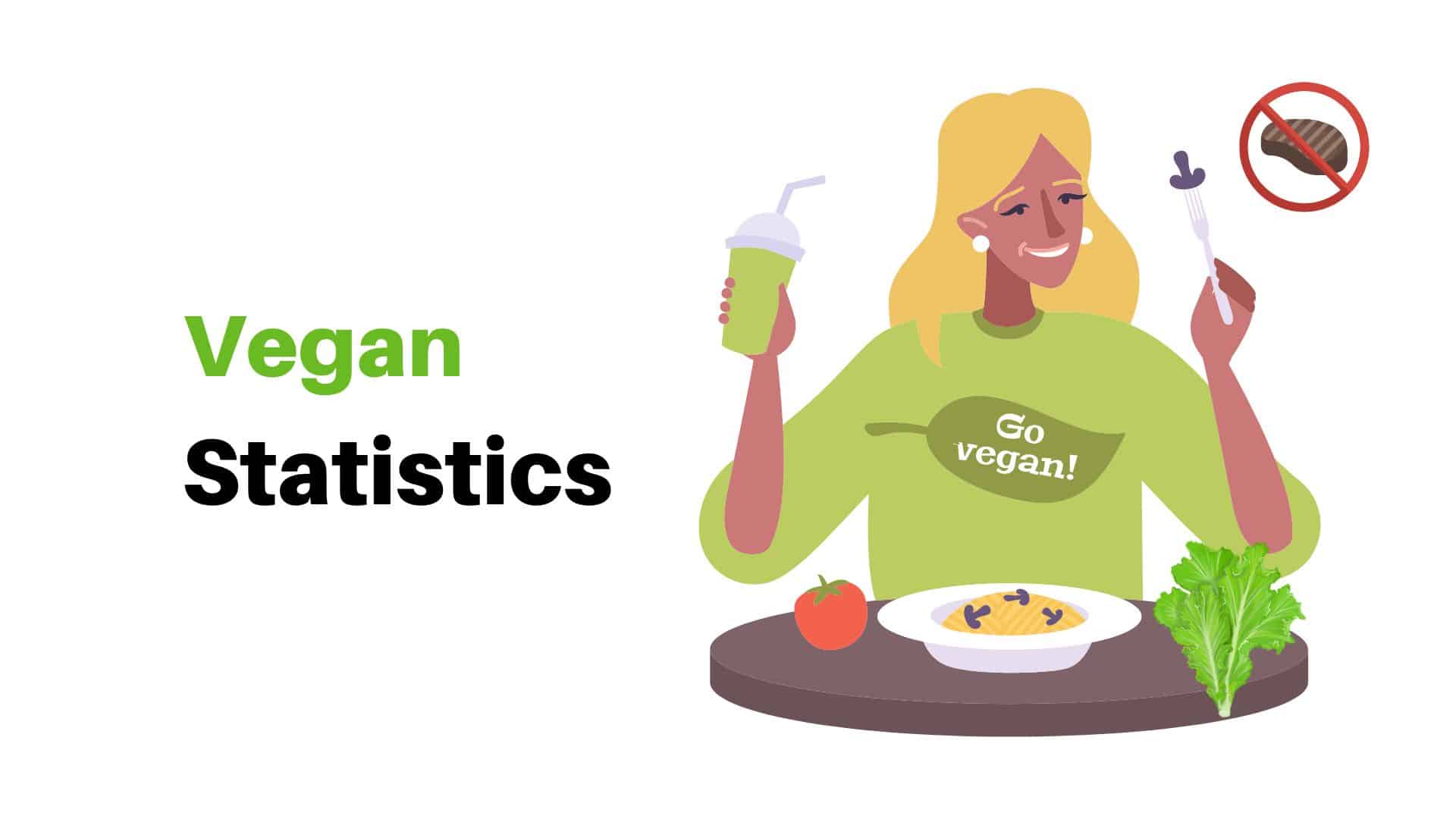2024 Latest Countrywise Stats of Vegan Population in World
Veganism is growing at a much faster rate; this means that a lot of people are shifting towards a vegan lifestyle, but do you know what’s the total count or how much the vegan population in the world following such a lifestyle?
Before we head on to the main topic, here is a definition for those unaware of what a vegan is. Vegans are individuals who refrain themselves from consuming any animal product. This includes a wide variety of products, including the need for daily eggs and more.
Carry along with us to get deep insights into why people are shifting towards veganism, what’s the vegan population in the world, its stats, the best food, and much more.
Stats Showing Growth of Vegan Population in the World
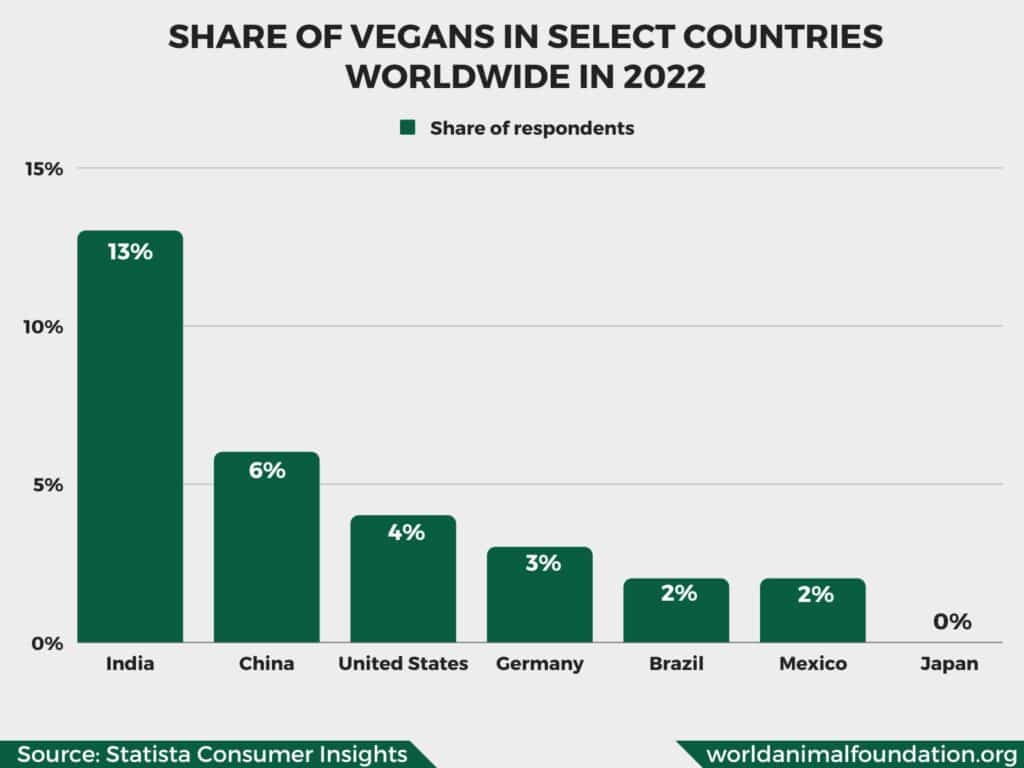
- As of 2023, the vegan population in the world consists of around 88 million individuals, making up approximately 1.1% of the total global population.
- Regarding the global vegan market, the last research in 2021 depicts it as around 16 billion US dollars in value.
- Veganuary is an annual challenge that motivates people to follow a vegan lifestyle. Its 2023 report depicts that almost 78% of its 2023 participants, which is around 700,000, have taken an oath to reduce the intake of animal products by half. This also includes 25% of people who planned to practice veganism for a lifetime.
- Talking about the past 5 years’ stats, the Google search interest for veganism has grown tremendously by 580%.
- The number of self-identified Vegans in the United States has remarkably grown by around 6%. This percentage almost hits up for a six-fold increase from the 1% percent reported in 2014.
- Of the vegan population in the world, approximately one-third of them have maintained a vegan lifestyle for at least 2 years.
- A bit of the vegan population in the world, to be precise, 7.1% have practiced the vegan lifestyle for a decade, and only 2.7% have dedicated themselves to the same for two decades.
- Almost half of vegans quickly adopted a vegan lifestyle without a gradual transition.
- Of the vegan population in the world, 3/4 are women.
- During the COVID pandemic, this vegan or plant-based market has been by 27%.
What Percentage of The World is Vegan?
Well, 2023 stats show the vegan population in the world is around 88 million, making up only 1.1% of the world’s total population. The plant-based food market is expected to show a CAGR of 16.26% from 2023-2030, currently at 27.39 billion dollars.
Countrywise Veganism Growth
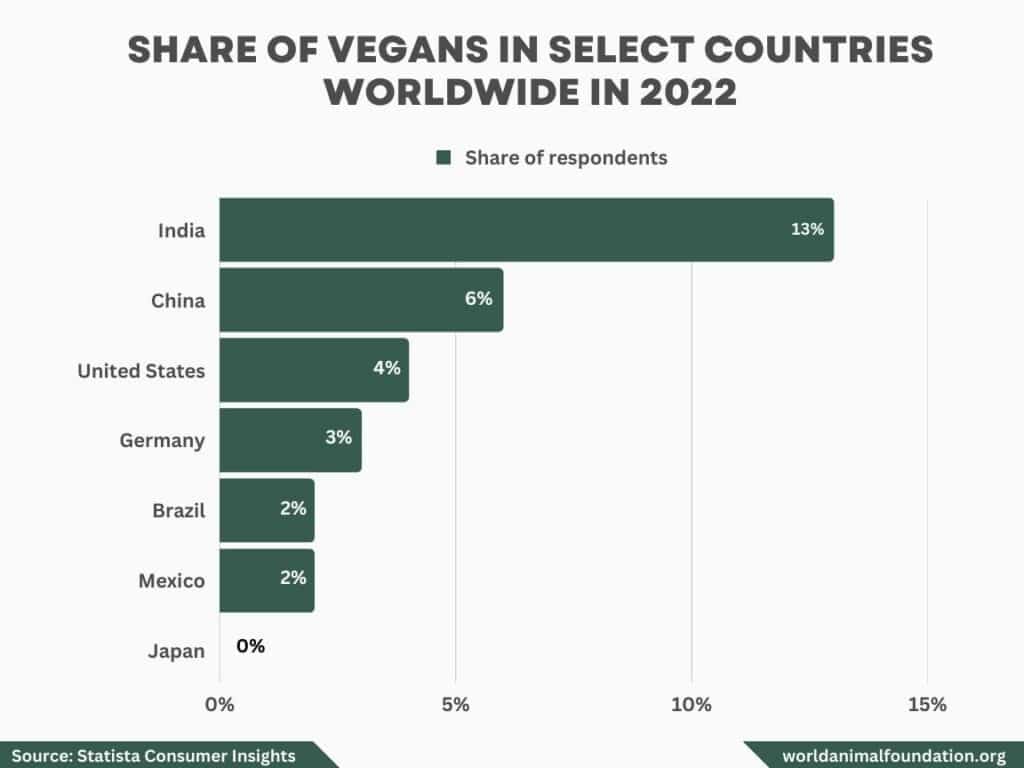
- 2% of US citizens have been identified as vegan, with three-fourths being female.
- Canada has shown a significant growth of 250% increase in vegetarians, which now exceeds over 2.3 million vegetarians and 850,000 vegans.
- Over the past 5 years, the vegan population in the UK has increased four times. Two thousand twenty-two stats show 1 million vegans in the UK, 1.5% of the UK’s total population.
- Portugal has seen a remarkable increase of 400% between 2007 and 2017, based on the research conducted by Neilsane. It’s continuously increasing in 2023, too.
- In the two years, from 2014 to 2016, the number of vegan food product demand in Australia increased by 92%. The report 2020 says Australia ranks among the top 5 countries following a plant-based diet.
- India contributes greatly to the total vegan population in the world. Research conducted in 2022 says 24% of the Indian population is vegan, around 574 million.
- The latest report by Meticulous Research shows Europe has reached 16 million people dependent on plant-based food, approximately 3.2% of the total population.
What Does the Vomad Study Say About People Shifting to a Plant-Based Diet?
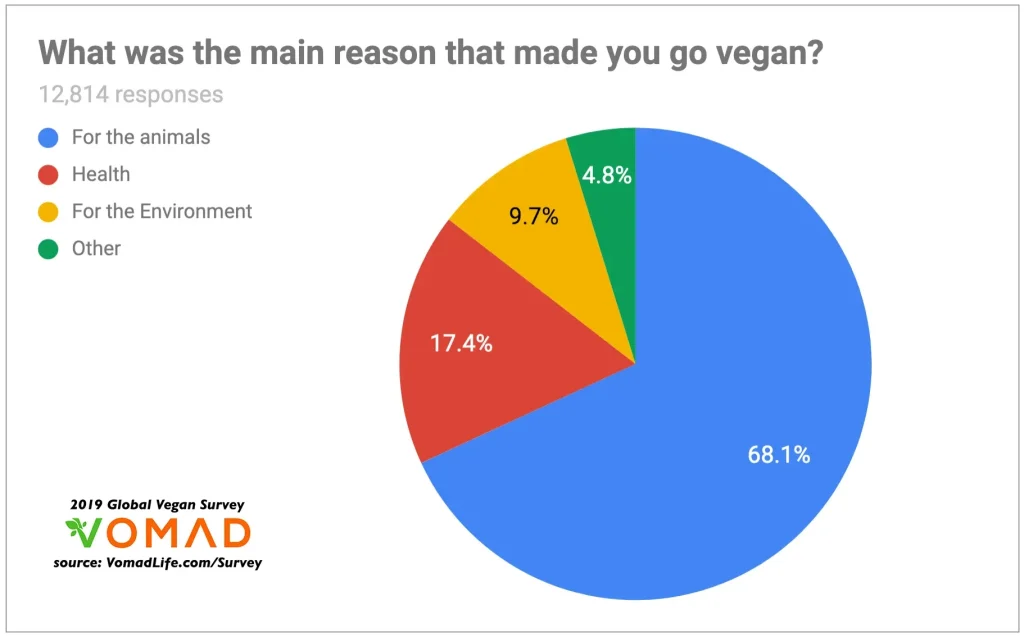
Vomad, a travel blog, surveyed from October 2018 to December 2018, comprising around 12800 participants from 97 countries. The main focus of the survey was to ask participants or get to know what had influenced or motivated them to practice veganism.
Here is what information the Vomad survey collected on the same:
- Around 68.1% left animal-based food because of their compassion for animals.
- Quite a major portion of the total participants, around 17.4%, opted for veganism because of health concerns, as plant-based food offers various health benefits.
- Approximately 1280 participants were motivated by the awareness campaigns that show how animal-based food contributes to the environment and have opted for a vegan lifestyle.
Other notable things from Vomad Study:
- More than half of the participants, around 52.1% participants, were vegetarians before shifting to complete Veganism.
- Their children’s concern for animals influenced some of them.
- Approximately 37% of participants were inspired by their friends or family to go vegan.
- Online browsing and social media impacted around 28% of participants by raising awareness about animal-based food, and hence, they decided to shift to a plant-based diet.
- A smaller percentage, precisely 2.5%, was inspired by public awareness programs.
Vegan vs Non-Vegan
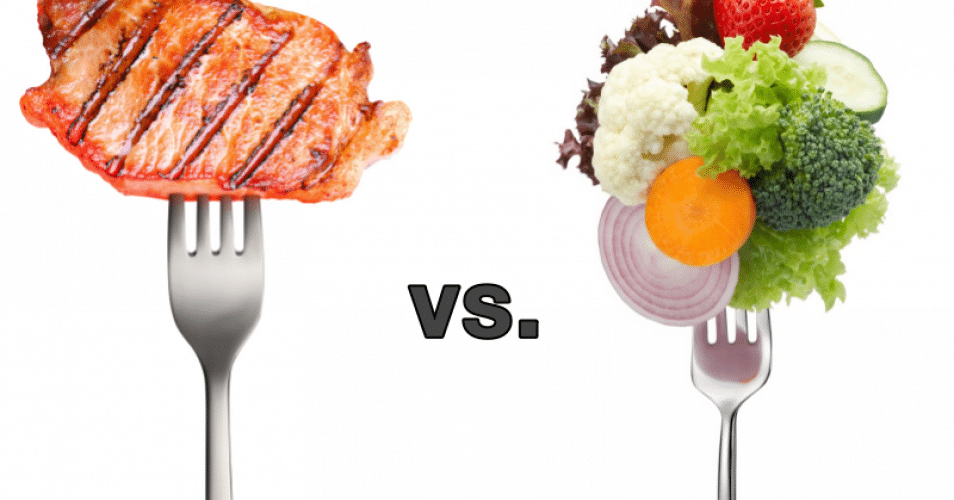
Well, it’s a long argument, and opinion varies with dietary choice, lifestyle, and, often, ethics. The points listed below will help you understand the difference between the two.
On a bigger picture, it’ll portray why the vegan population in the world is rising at a great rate.
- Diet: Vegans follow plant-based food, which includes products like fruits, vegetables, grain, lentils, and more, and refrain from animal-based products. Nonvegans have a mixed diet, i.e., along with plant-based food, they eat animal-based products like meat, dairy, eggs, and honey.
- Health: A plant-based diet provides numerous health benefits and lowers the risk of heart disease and type 2 diabetes. Non-vegans argue that moderate consumption of animal products is a part of healthy diets that provide nutrients like vitamin B-12 and protein. Still, the same can be achieved with cereals and mushrooms, beans, broccoli, and lentils, respectively.
- Animal Welfare: Vegans have ethical issues; they believe it’s wrong to use animals for food, clothing, or other things. Non vegans have different perspectives towards the same; they support human treatment of animals and choose to consume ethically produced animal products.
- Environmental Impact: Vegans often list down the benefits that plant-based food contributes to the environment. Further, they say livestock farming has drawbacks like greenhouse gas emissions and deforestation. Non-vegan acknowledges the same but says responsible farming practices can solve these issues.
Relation Between Veganism and Animal Welfare
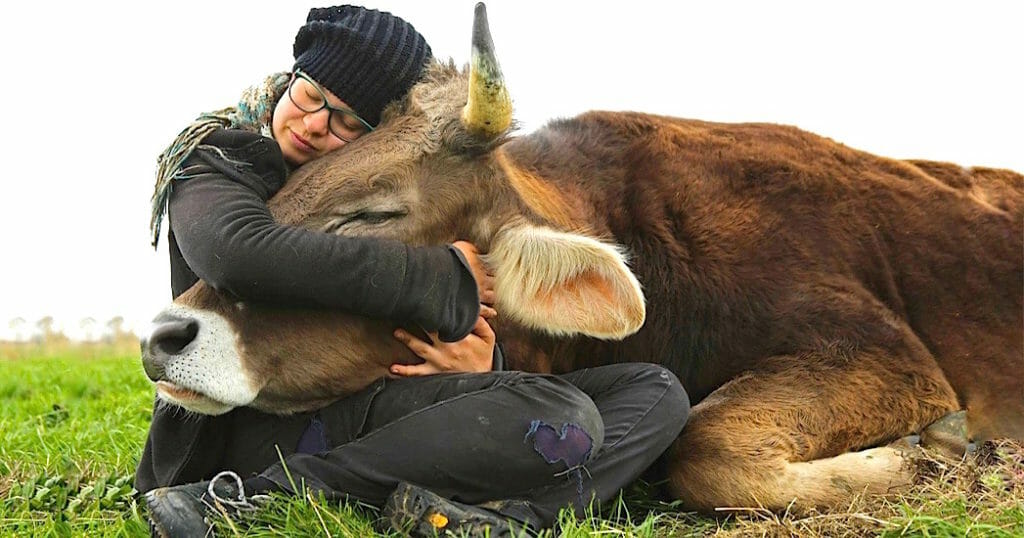
- Ethical Concerns: Of all the vegan population in the world, many of them are motivated by the concern for the welfare of animals. They realized or believed that animals shouldn’t be used as a source of food, clothing, or other purposes because the methods for producing them cause harm to animals.
- Factory Farming: This is among the main issues the vegan population in the world focuses on. The factory farming system includes practices like debeaking, tail docking, and dehorning, which harms animals.
- Animal Slaughter: Another important concern for the vegan population in the world is the killing of animals for food production. They have been found arguing that animals raised for meat, dairy, and other products face inhumane treatment, which, in any case, isn’t acceptable to them.
- Alternatives: Vegans around the globe frequently look for alternative products that are plant-based as they believe that opting for these can reduce the demand for products that harm animals.
- Environment: Vegan food, i.e., plant-based foods, have a low impact on the environment compared to animal-based ones. This aligns with the concern for animals, as environmental destruction can harm wildlife.
Does Being Vegan Contribute to a Better Environment?
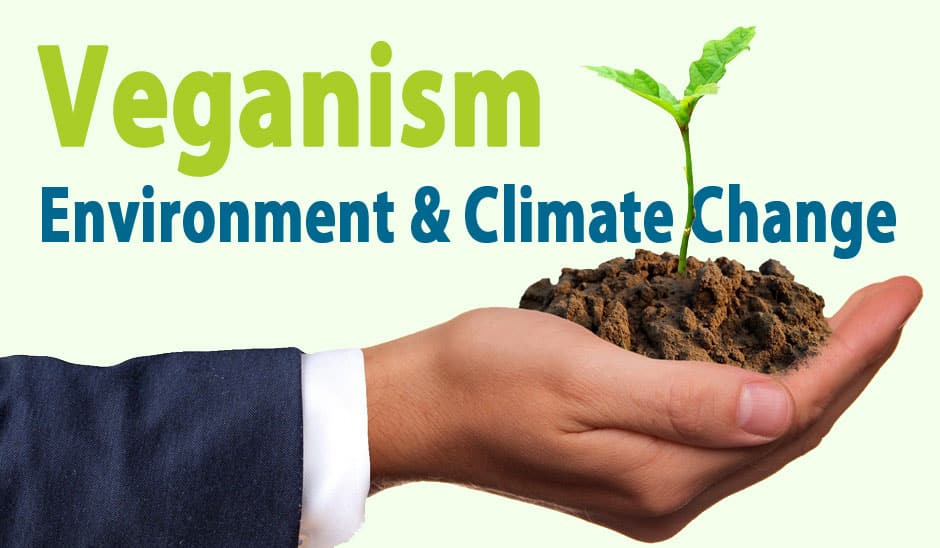
A Vegan contributes to a better environment when compared to foods that include animal-based products. Bilal state factors will help you understand how practicing veganism can help establish a better environment.
- Reduced Greenhouse Gas Emissions: It’s no news that animal agriculture plays a significant role in contributing to greenhouse gas emissions, especially CH4 and CO2. Therefore, refraining from animal products can help reduce carbon emissions.
- Land Use: Livestock or agriculture farming generally requires a large amount of land for grazing and growing feed crops; in contrast, vegan farming requires less land. Further, it doesn’t require feeding and raising animals for any meat or dairy product.
- Water Usage: Animal agriculture, which is raising animals for food, especially cattle, usually requires much water for drinking, feeding, and cleaning, but a vegan diet has lower water requirements.
- Deforestation: Cutting down trees for livestock farming leads to deforestation. This not only hampers biodiversity but also adds well to frequent climate change. On the other hand, a vegan diet doesn’t need any livestock production.
- Wildlife Protection: Animal agriculture leads to conflicts with wildlife because predators are often killed while saving livestock, whereas vegan foods don’t contribute to such things.
Note that not all vegan foods equally impact the environment. It varies with the food choices and the method used to produce the same. Therefore, all the vegan population in the world have different levels of contribution towards improving the environment.
Is Being a Vegan Back for Better Health?
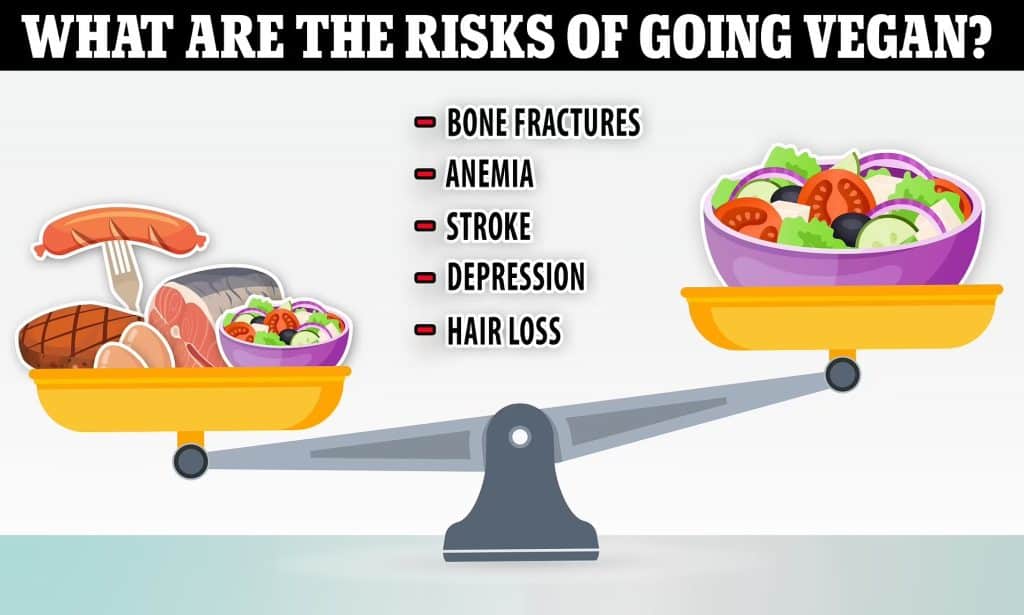
Being a vegan contributes towards better health; however, it depends upon factors like what food you choose, how well you have planned your vegan diet, and more. Undoubtedly, a balanced vegan diet provides several health benefits and is the reason for the growing vegan population in the world, but following them is quite challenging.
- Reduced Chances of Chronic Disease: Research shows that a well-planned vegan diet minimizes the risk of chronic diseases, especially heart disease, high blood pressure, type 2 diabetes, and many others, simply because of the lower intake of saturated fats and cholesterol and higher fiber and antioxidants.
- Obesity: Many people say practicing veganism has made it easier for them to maintain a healthy weight and refrain from conditions like obesity. The reason is vegan foods are low in calories and fats and rich in fiber, which helps control appetite.
- Good Heart Health: Eating vegan foods lowers LDL cholesterol levels and improves blood pressure. Both of these reduce the risk of heart disease.
- Better Digestion: Plant-based food is rich in fiber, which is easy to digest and minimizes constipation and other gastrointestinal issues.
- Food Borne Disease: Animal-based food always poses a risk for foodborne disease, which isn’t the case with plant-based ones.
Remember, though vegan diets have a lot of health advantages, some products can be deficient in certain nutrients such as vitamin b12, vitamin D, Calcium, Iron, and more.
Conclusion
All in all, the growth of the vegan population in the world has just started and is yet to reach its peak, where a majority of the world population will be practicing veganism. Adding on, there are still countries like Argentina, Italy, China, and more where the vegan population is very few, but measures are being taken.
In a wrap-up, what is driving more and more people towards a plant-based diet is the awareness about vegan food, animal welfare, health concerns, environmental factors, and many others. Hope the article has provided you with enough information on veganism that you were looking for. If you have any queries, please drop them in the comment box below, and we will resolve them as soon as possible.
Are you a vegan? If yes, for how long? What has motivated you to do the same?
Frequently Asked Questions
What is the Total Vegan Population in the World?
According to the reports of 2023, the vegan population in the world is around 88 million, which is only 1.1% of the world’s total population. Of this, three-fourths of the population is female. Further, the report says the global vegan market cap is expected to touch $66 billion by 2030.
Why are More People Shifting Towards Veganism?
There are reasons why more and more people are shifting towards veganism. Still, the foremost among them is the prevention of the exploitation of animals, reducing the risk of any disease, i.e., health concerns, and lastly, the concern for the environment, which causes loss of biodiversity and more.
How Does the Vegan Population in The World Impact the Food Industry?
The Vegan population in the world is reshaping the food industry. Restaurants, supermarkets, and all have come up with various vegan options. This has led to many plant-based products that offer a wide range of choices to vegans and those who want to reduce meat consumption.
Does the Vegan Population Vary with Regions?
The vegan population is different for different regions. Some countries or cities have higher vegan populations because of the culture, environment, and other factors like people’s awareness of animal-based products. Many others lack strong vegan communities and support systems and hence have less vegan population.
How Can One Start a Vegan Lifestyle?
If you want to start practicing veganism, you need to exclude all kinds of animal products from your diet and many other aspects of your life, which includes clothing and cosmetics. Further, when starting, it’s better to be aware of vegan food, vegan alternatives, and other related stuff.

